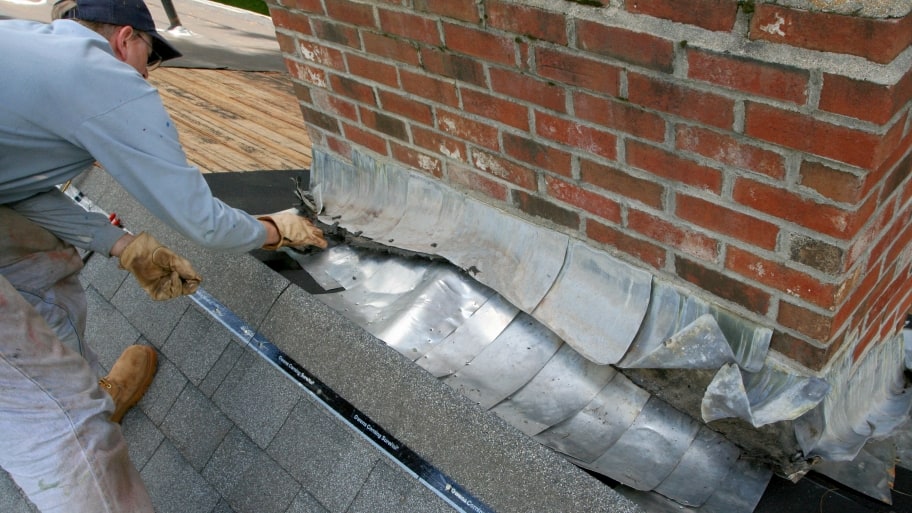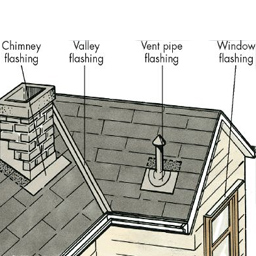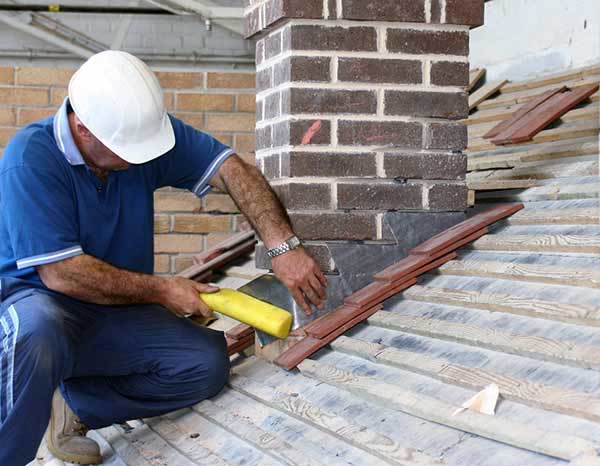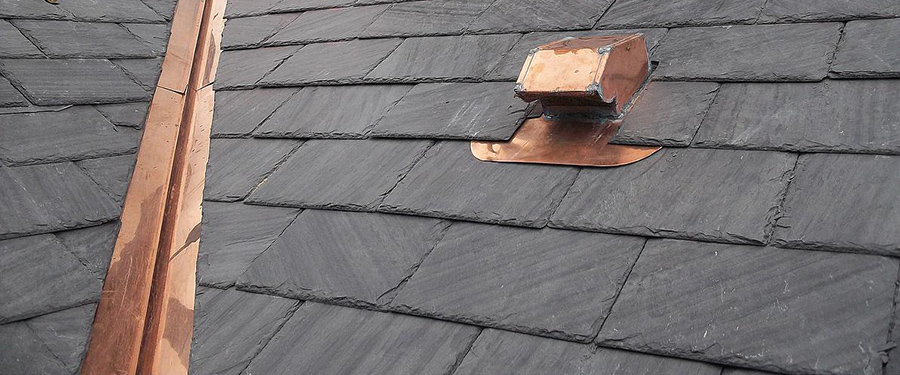For instance a typical asphalt shingle roof lasts 20 to 25 years while a roof installed over an existing layer of shingles should be replaced after 20 years.
How long does roof flashing last.
Simply push the seam back down and secure it in place with screws if necessary and then apply roofing cement around all the edges of the flashing for a watertight seal.
Lead should also have support for every square mm of its coverage.
So read on to learn how long different types of shingles are likely to last so you can judge the lifespan of your roof.
The type of roofing material can affect how long your roof lasts and the region you live in will have a lot to do with what materials you might select.
The suburban skyline roof.
Many people expect roofs to perform for a minimum of 15 to 20 years.
A quality slate roof can last anywhere from 50 to 100 years.
In fact if the quality of materials and installation are very high the flashing could last as long as fifty to eighty years.
This means that the materials which are used for flashings must have the same or greater lifespan as the roofing material.
Some roofs can be expected to last 50 to 80 years.
7 signs you need a new roof asphalt shingles last 15 to 30 years.
Roof flashings should last longer than the original roofing material.
It s raining and there is water leaking inside your home.
Slate roofs have excellent wind uplift properties but a few pieces of slate flying off of a roof during a hurricane can be dangerous due to their weight and sharp edges.
If this expansion and contraction are allowed to continue freely the lead flashing will last for 100 years.
While some skylight manufacturers include flashing in their products sometimes roofing professionals have to create it or purchase it separately.
As long as the flashing has been installed properly you can repair a leaking seam using simple roofing cement in most instances.
How long should flashings last.
For example organic asphalt shingles which are also called felt mat asphalt shingles are somewhat vulnerable to moisture saturation.
Open valleys have metal flashing to protect this critical area of the roof.
The edge of the roof has thin metal flashing that helps water drip off the roof without damaging the home or causing a leak.
Lead flashings however are usually fixed in position for one reason or another and it is this limitation to movement that causes splits and cracks.
Roof flashing is expected to last fifteen to twenty years but in some cases depending on the quality of installation it could last longer.





























